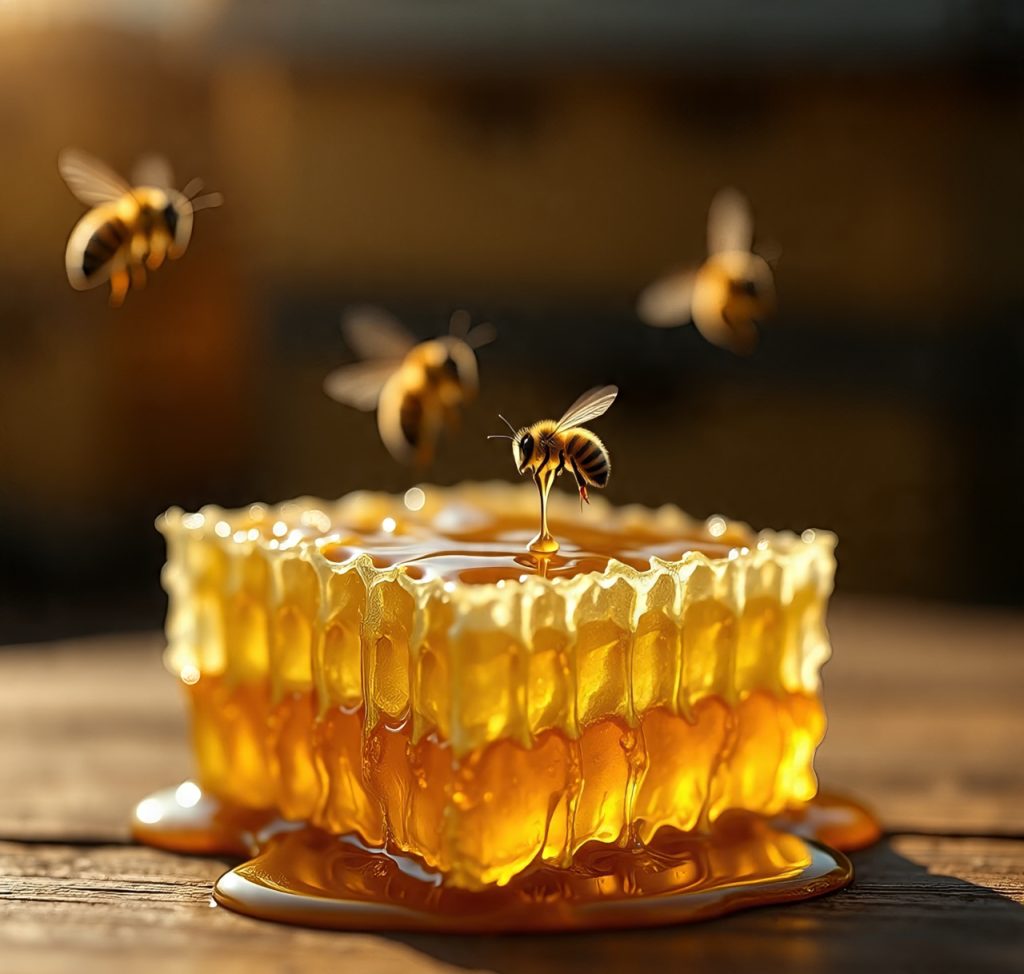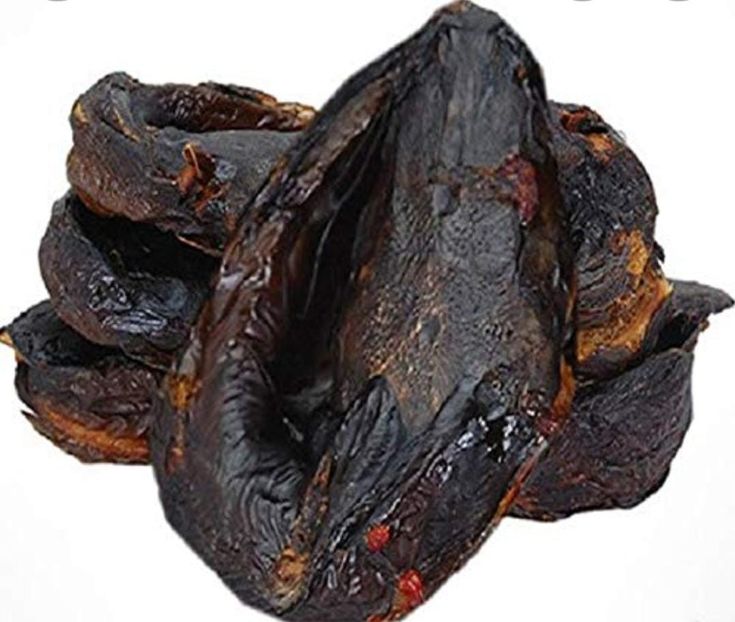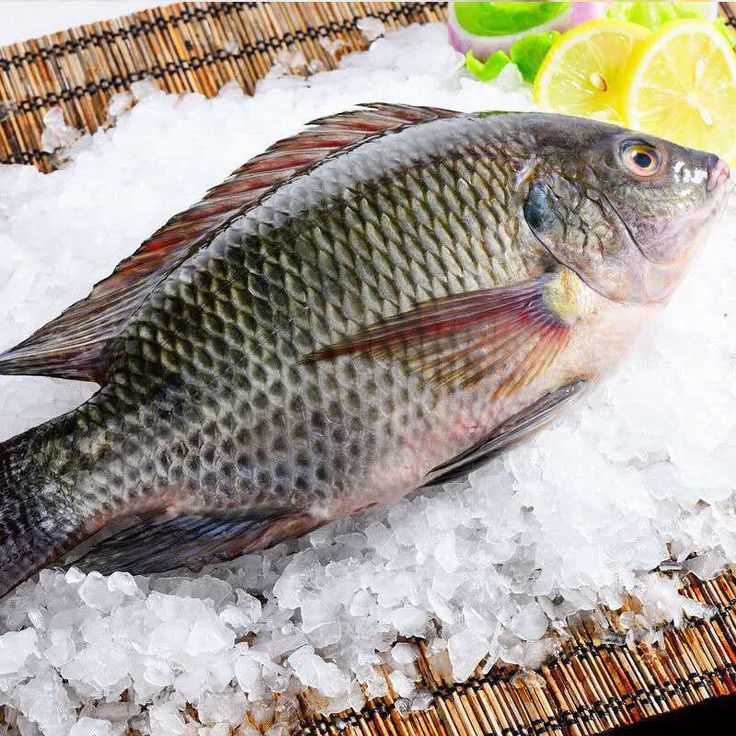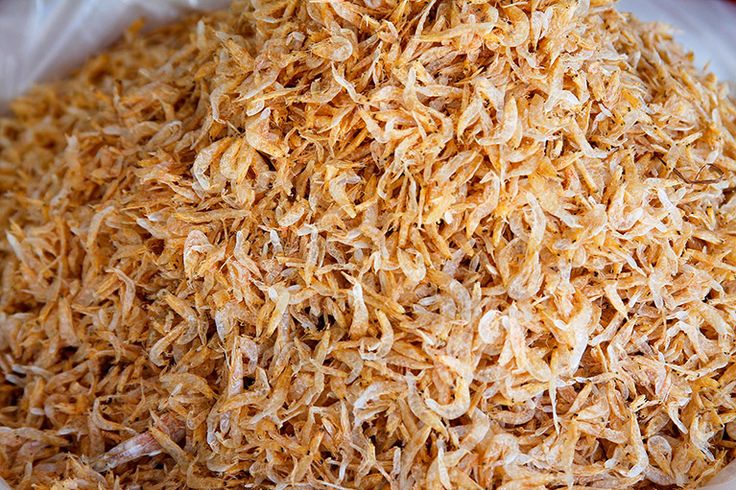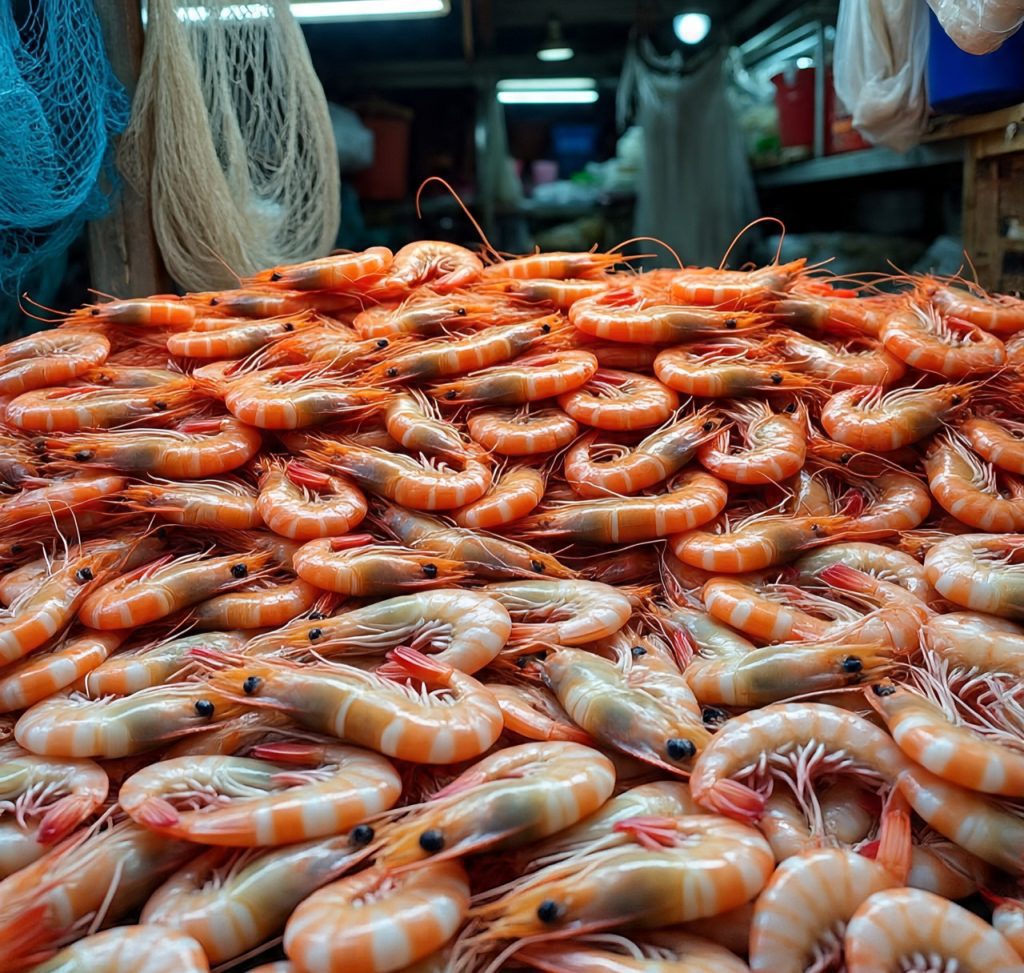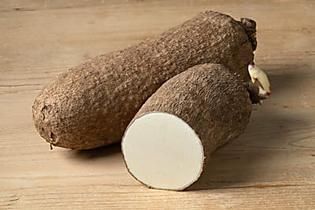What It Is and What Export of It Means
Honey is a sweet, thick, golden liquid produced by bees from the nectar of flowers. It is widely consumed for its nutritional, medicinal, cosmetic, and culinary uses. Exporting honey from Nigeria involves sourcing high-quality raw or processed honey, packaging it under hygienic and standardized conditions, and shipping it in compliance with international food safety and quality regulations.
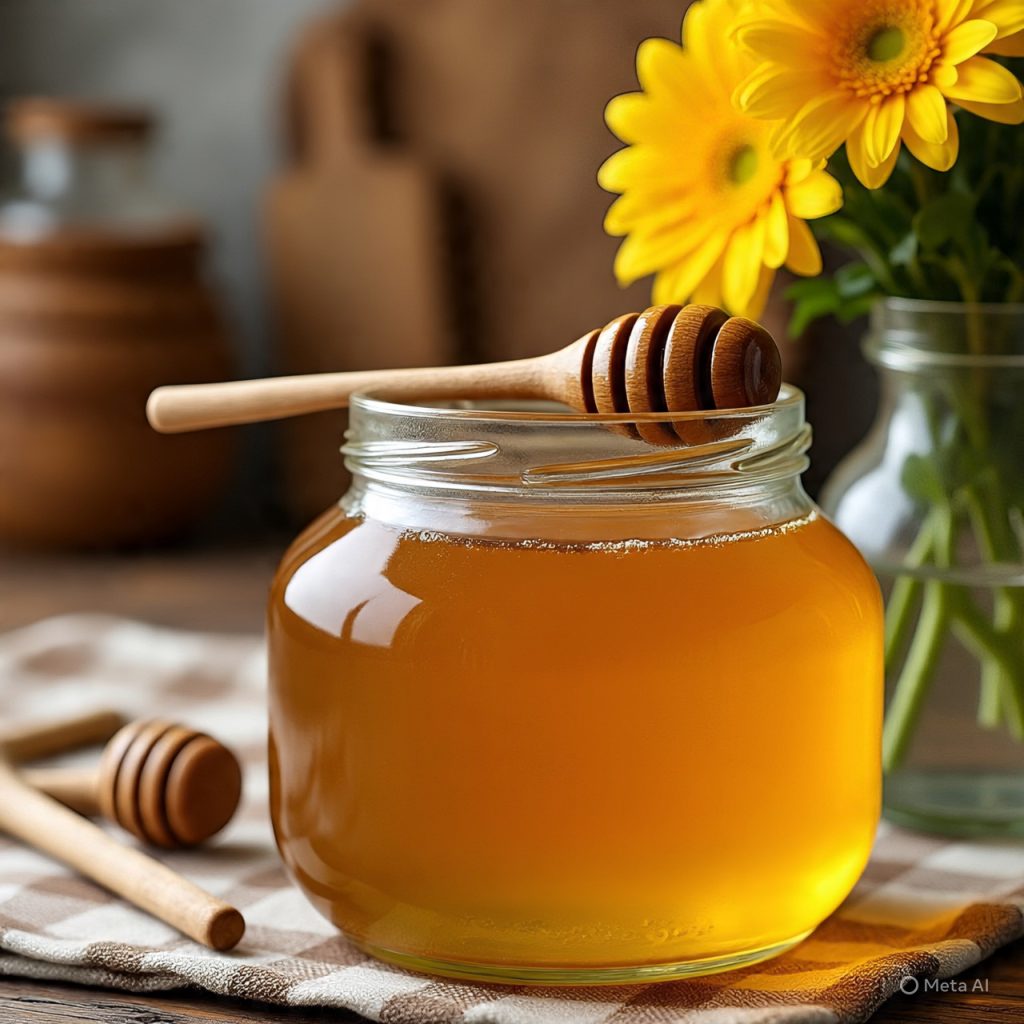
Uses of Honey
-
Culinary Use: Natural sweetener for tea, beverages, sauces, and baked goods.
-
Medicinal: Treats sore throats, coughs, wounds, burns, and gastrointestinal conditions due to its antibacterial and anti-inflammatory properties.
-
Cosmetic: Used in skin and hair care products for moisturizing and anti-aging benefits.
-
Health Supplement: Consumed as an immune booster and energy enhancer.
Forms for Export
-
Raw/Unprocessed Honey (unfiltered)
-
Processed/Pasteurized Honey (filtered and treated for shelf life)
-
Comb Honey (honey with the wax comb)
-
Flavored or Herbal Infused Honey (e.g., ginger honey, garlic honey)
Packaging for Export
-
Retail Packaging: Glass or PET jars, bottles, or tubes (100g – 1kg)
-
Bulk Packaging: Food-grade jerrycans (10L – 25L), drums (300kg), IBC tanks
-
Labeling: Must include product name, net weight, origin, nutritional information, production/expiry dates, and batch number
-
Export-Ready Standards: Leak-proof, tamper-proof, moisture-resistant, and labeled in compliance with importing country’s food labeling regulations
Storage and Shelf Life
-
Store in a cool, dry place away from sunlight
-
Shelf life: 2 to 3 years if properly sealed and stored
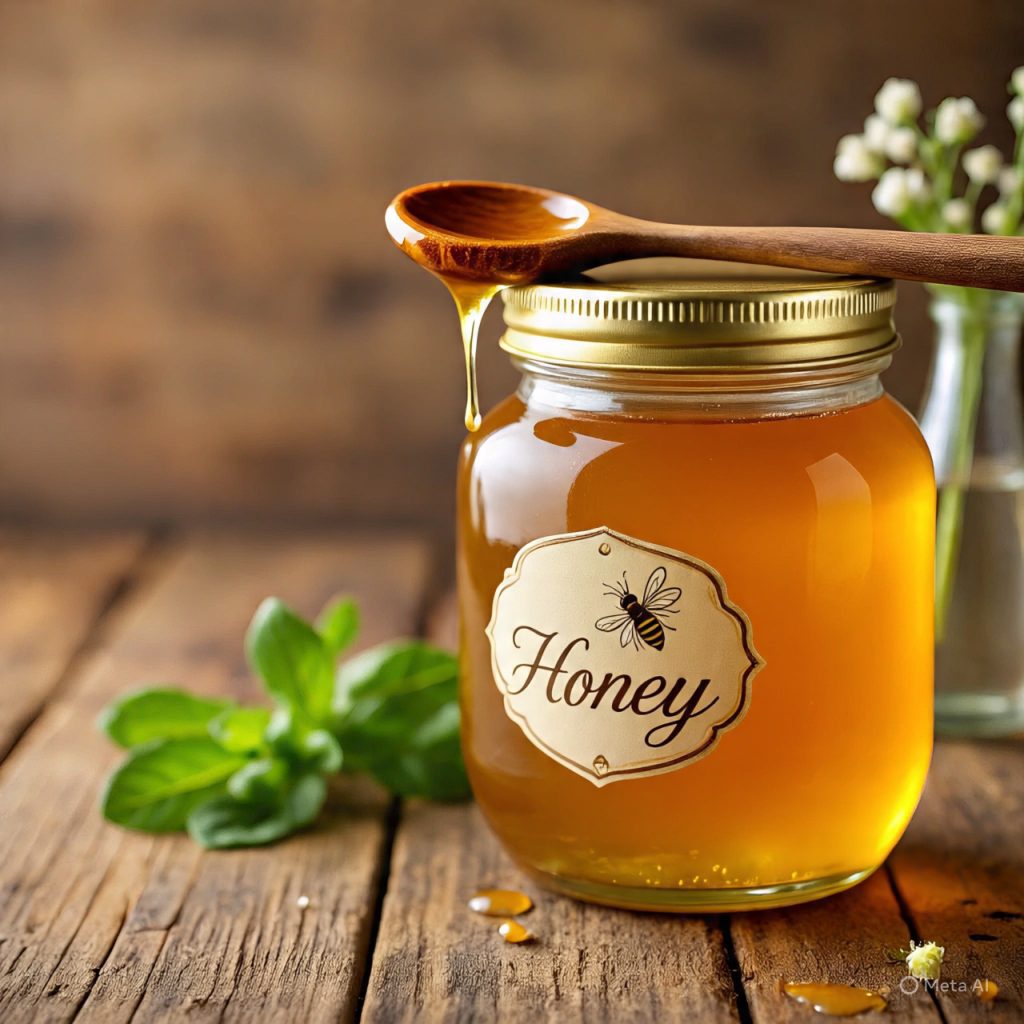
Export Documents Required
-
Certificate of Origin
-
Phytosanitary Certificate
-
NAFDAC Registration (for Nigerian exporters)
-
Health Certificate
-
Laboratory Analysis Report (to confirm absence of contaminants and antibiotics)
-
Export License
-
Bill of Lading, Commercial Invoice, and Packing List
Target International Markets
-
UK & EU: High demand for organic, traceable, and antibiotic-free honey.
-
USA: Niche market for raw and artisanal honey with certification (e.g., USDA Organic).
-
Middle East & Asia: Appreciated for health benefits, especially when infused.
-
Africa & Caribbean Diaspora: Cultural and traditional uses make it a sought-after product.
Key Quality Indicators
-
Moisture Content: ≤20%
-
Color: Amber to dark amber depending on floral source
-
Taste: Natural sweetness without fermentation
-
Purity: Free from sugar syrup, additives, or preservatives
-
HMF (Hydroxymethylfurfural): ≤40 mg/kg for exported honey

